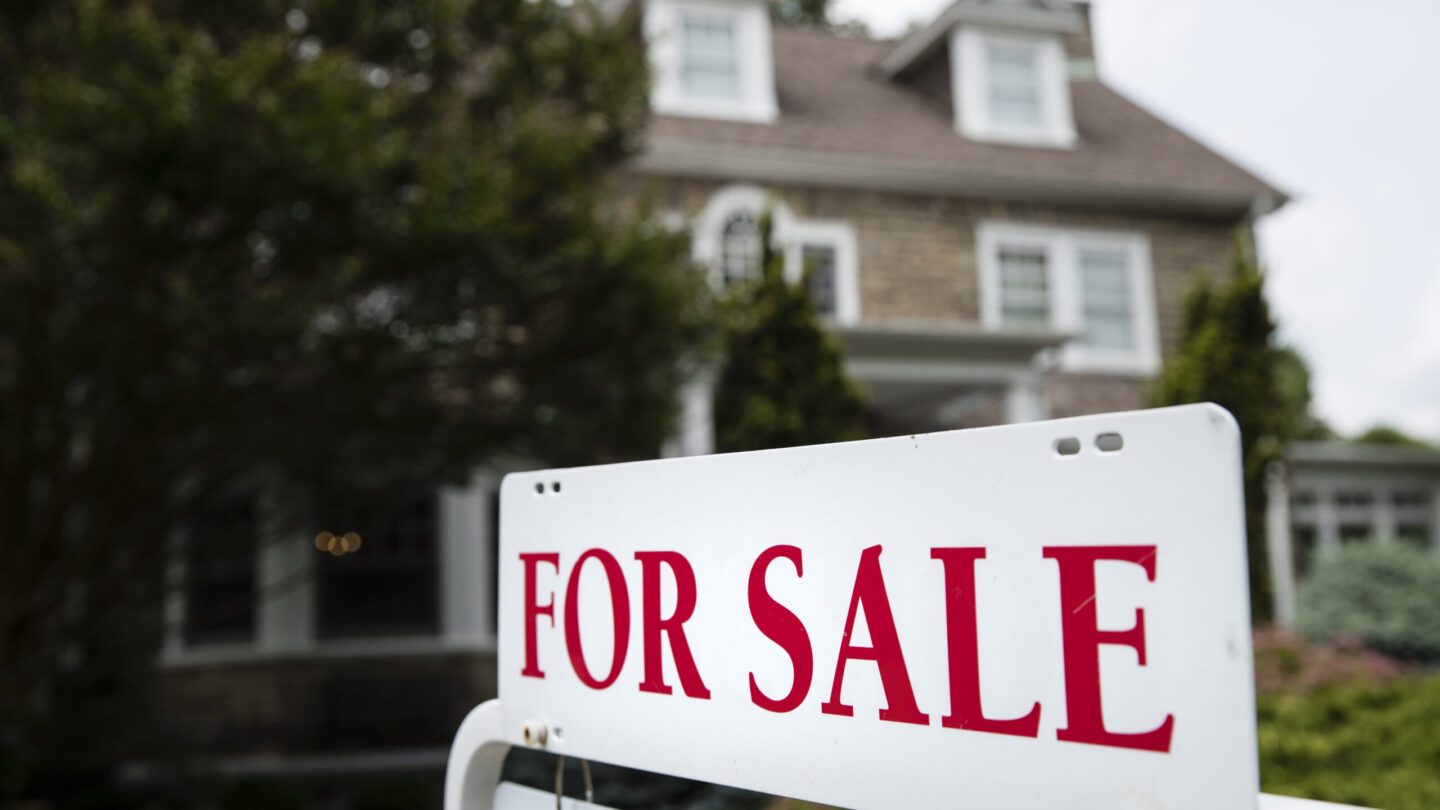Investors Can’t Pressure Homeowners Into Selling Under New Atlanta Rule

The Atlanta City Council voted Monday to make “commercial harassment” a city-level offense.
Matt Rourke / Associated Press file
In Atlanta’s gentrifying neighborhoods, the requests from investors can be relentless. Residents receive daily fliers, phone calls and text messages promising cash for their homes.
The offers are a common strategy used by investors looking for properties at discount prices around Atlanta. But now they may be illegal.
The Atlanta City Council voted Monday to make “commercial harassment” a city-level offense. The law prohibits investors from pressuring homeowners into selling their properties. That means if homeowners turn down investors’ initial offers, they can’t reach out again for six months.
The legislation was sparked by an investigation by WABE and APM Reports that revealed the harmful effects of predatory investor practices in longtime Black neighborhoods where new development is raising home values.
The series of reports found homeowners regularly sold for prices well below market value. In some neighborhoods, 1 in 4 properties, sold by the person living in them, sold for amounts low enough to be less than half the estimated fair market value, according to Zillow and the Fulton County Tax Assessor.
The city legislation, sponsored by all council members but one, said the investigation showed residents were missing out on Atlanta’s rising home values and the opportunity to build wealth for their families.
It aimed specifically to protect longtime homeowners, often called “legacy residents.”
Homeowners can report investors who violate the rule to the city. If prosecuted, investors can face fines up to a thousand dollars or six months in jail, the maximum allowed under state law.
WABE’s full series exploring the consequences of equity theft is here. It was possible with support from the Corporation for Public Broadcasting and was produced in collaboration with APM Reports, the investigative reporting unit of American Public Media.








